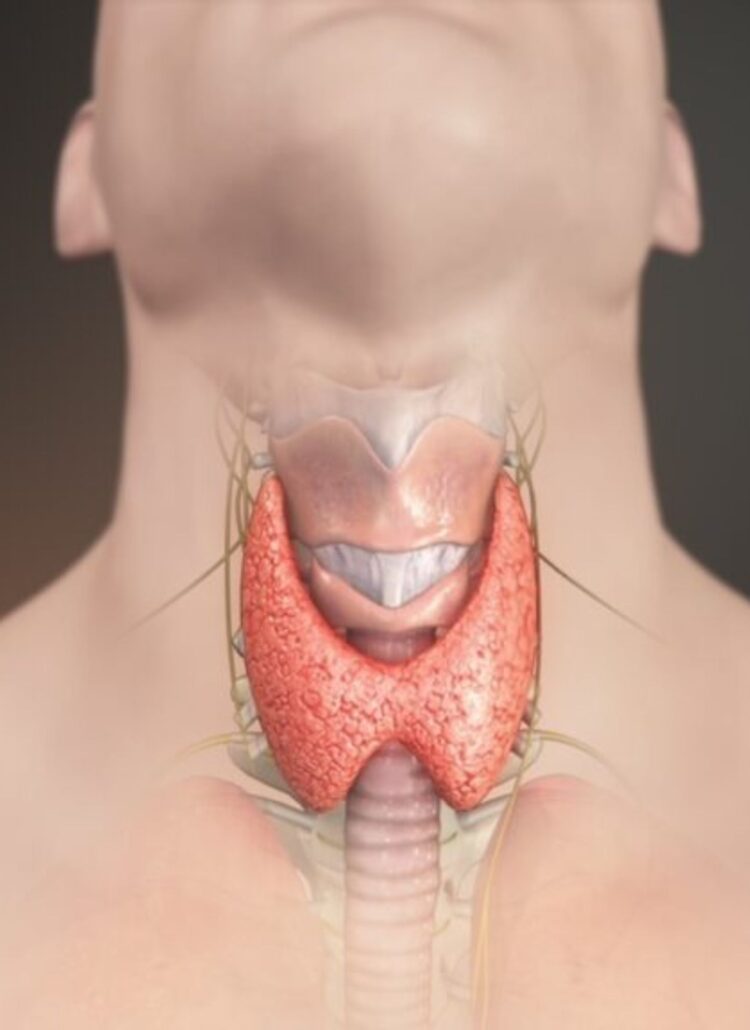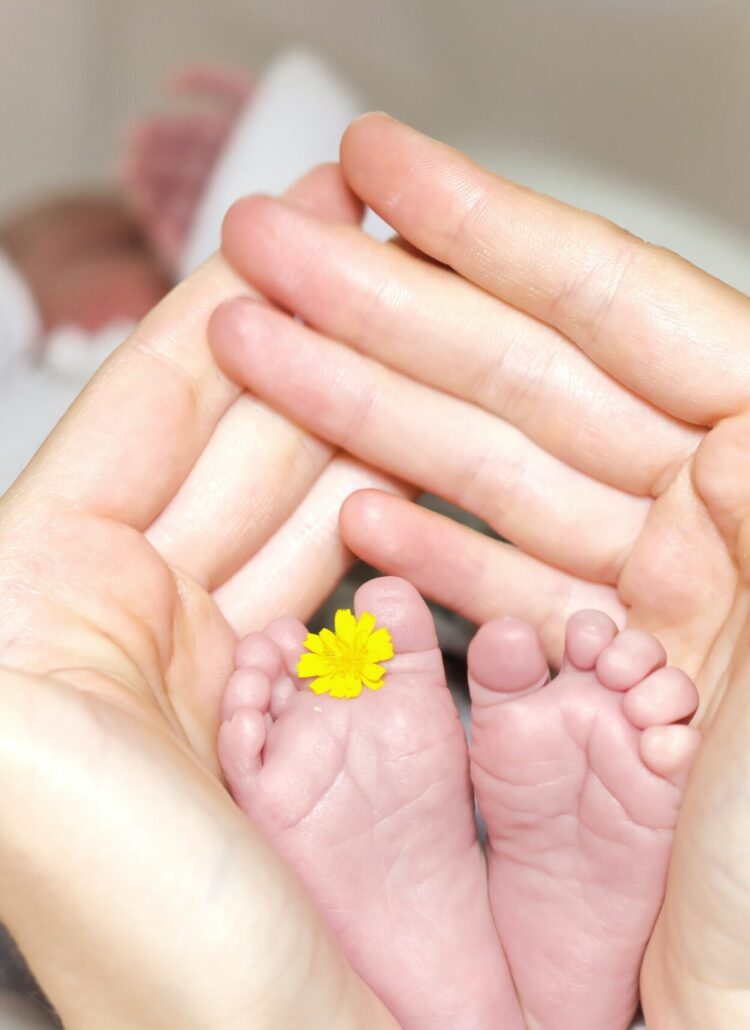There is no herb, medication, antibiotic, vaccine or amount of alcohol that leaves the fetus 100% unaffected during pregnancy. The question then becomes, an effect of what kind? Beneficial? Harmful? Use with caution or completely avoid?
In all my research, and professional experience with patients, I have discovered everything can have an effect on a developing fetus.
The kind of food mom eats, the internal dialogue she has with herself/the fetus, how she feels about being pregnant, whether there is support while pregnant, medications taken, vaccines, herbs, and stress level ALL impact the fetus.
It’s a huge responsibility that we women bear. Don’t let any doctor tell you that a drug or vaccine is 100% safe with no side effects to the fetus. It was not too many decades ago that doctors said smoking cigarettes during pregnancy was fine.
And it was just in 2022 that PLoS One had a look back over the last 25 years of women taking Acetaminophen during pregnancy and discovered these mothers to produce children with a lower IQ (5).
Anti-depressant Drug Use During Pregnancy

On September 15, 2023 JAMA Psychology published a study of 3198 mother-infant dyads in which anti-depressant drugs were ingested during pregnancy and compared them with moms and infants that had no maternal SSRI exposure or depressive symptoms.
The research found prenatal SSRI use was associated with less cerebral gray matter in children which persisted from age 7 to 15 years old (2).
- The grey matter is the place where the processing of sensation, perception, voluntary movement, learning, speech and cognition takes place.
Not only that, but they also found greater increases in volumes of the amygdala and fusiform gyrus in children that did not persist until early adolescence (2).
- The amygdala processes fear, anger and pleasure. It’s involved in the regulation of autonomic and endocrine functions, decision-making and adaptations of instinctive and motivational behaviors to changes in the environment through associative learning, and activation of the fight-or-flight. (1)
- Why is a larger amygdala problematic? Because its predictive of behavior problems. Studies have found larger amygdala volume to be associated with externalizing behavioral disorders such as being aggressive, oppositional, and engaging in delinquent behavior. (3).
The bottom line of the study…SSRI exposure in utero is associated with altered developmental pathways of brain regions involved in emotional regulation.
When Do Things Begin Effecting a Fetus?

After I concluded that everything could affect the developing fetus…my next question became “At what point developmentally do things start to have an effect?” Is it when it is days old? weeks old? How many months? Third trimester?
That is when I happened upon this study on descendants of Holocaust survivors that answered my question.
Epigenetics of Descendents of Holocaust Survivors

In 2018, epigenetics discovered that the ancestors of Holocaust survivors expressed marked changes in genes that regulated cortisol.
“Findings of low cortisol and increased glucocorticoid receptor (GR) sensitivity in Holocaust survivors and other trauma exposed individuals with PTSD, suggesting that the experience of trauma might leave long‐lasting biological signatures in stress‐related biology that could be a catalyst for longer‐term adaptations (4).”
To be clear, this means that these changes in genes would be expected in individuals who have PTSD. But these descendants did not directly experience the Holocaust. So why has their DNA changed in this way?
Because traumatic experiences that are not coped with becomes stored in the deepest layers of a person. In their cells.
The study concluded… “preconception parental trauma that remains in the germ cell ( a germ cell is a sperm and egg) and following conception, affects the offspring’s development in utero and subsequent postnatal phenotype (a phenotype is observable characteristics of a person resulting from interaction with environment).”
- Full conclusion: “This review emphasized two broad categories of offspring effects that may be underpinned by epigenetic mechanisms. The first involve accommodations made by offspring in response to their own environmental exposures in early life, or even in utero. These changes are likely to be mediated primarily by maternal trauma‐related symptoms, but may be affected by multiple inputs, including paternal trauma‐related effects. The second are the effects of a preconception parental trauma that remain in the germ cell and following conception, affecting the offspring’s development in utero and subsequent postnatal phenotype.”
Final Thoughts on Antidepressant Use During Pregnancy

Final Thoughts:
Everything we do to ourselves, to others, and in our lives is significant.
Everything affects a developing baby. So, it is important to weigh the severity of the pros and cons in a situation that may require you to take medications, antibiotics, vaccinations or herbal formulas during pregnancy.
If the trauma from our ancestors can be stored in our DNA, so too are the remarkable talents and gifts from them as well. Even if we may inherit unfavorable generational qualities, what matters most is how we choose to handle it. We all have the power to change and make ourselves into something great.
Citations:
- Šimić, G., Tkalčić, M., Vukić, V., Mulc, D., Španić, E., Šagud, M., Olucha-Bordonau, F. E., Vukšić, M., & R. Hof, P. (2021). Understanding emotions: Origins and roles of the amygdala. Biomolecules, 11(6), 823. https://doi.org/https://www.ncbi.nlm.nih.gov/pmc/articles/PMC8228195/
- Koc, D., Tiemeier, H., Stricker, B. H., Muetzel, R. L., Hillegers, M., & El Marroun, H. (2023). Prenatal antidepressant exposure and offspring brain morphologic trajectory. JAMA Psychiatry. https://doi.org/https://jamanetwork.com/journals/jamapsychiatry/article-abstract/2808722?utm_campaign=articlePDF&utm_medium=articlePDFlink&utm_source=articlePDF&utm_content=jamapsychiatry.2023.3161
- Jones, S. L., Dufoix, R., Laplante, D. P., Elgbeili, G., Patel, R., Chakravarty, M. M., King, S., & Pruessner, J. C. (2019). Larger amygdala volume mediates the association between prenatal maternal stress and higher levels of externalizing behaviors: Sex specific effects in Project Ice Storm. Frontiers in Human Neuroscience, 13. https://doi.org/https://pubmed.ncbi.nlm.nih.gov/31156408/
- Yehuda, R., & Lehrner, A. (2018). Intergenerational transmission of trauma effects: Putative role of epigenetic mechanisms. World Psychiatry, 17(3), 243–257. https://doi.org/https://www.ncbi.nlm.nih.gov/pmc/articles/PMC6127768/
-
Sznajder, K. K., Teti, D. M., & Kjerulff, K. H. (2022). Maternal use of acetaminophen during pregnancy and neurobehavioral problems in offspring at 3 years: A prospective cohort study. PLOS ONE, 17(9). https://doi.org/https://www.ncbi.nlm.nih.gov/pmc/articles/PMC9518858/




